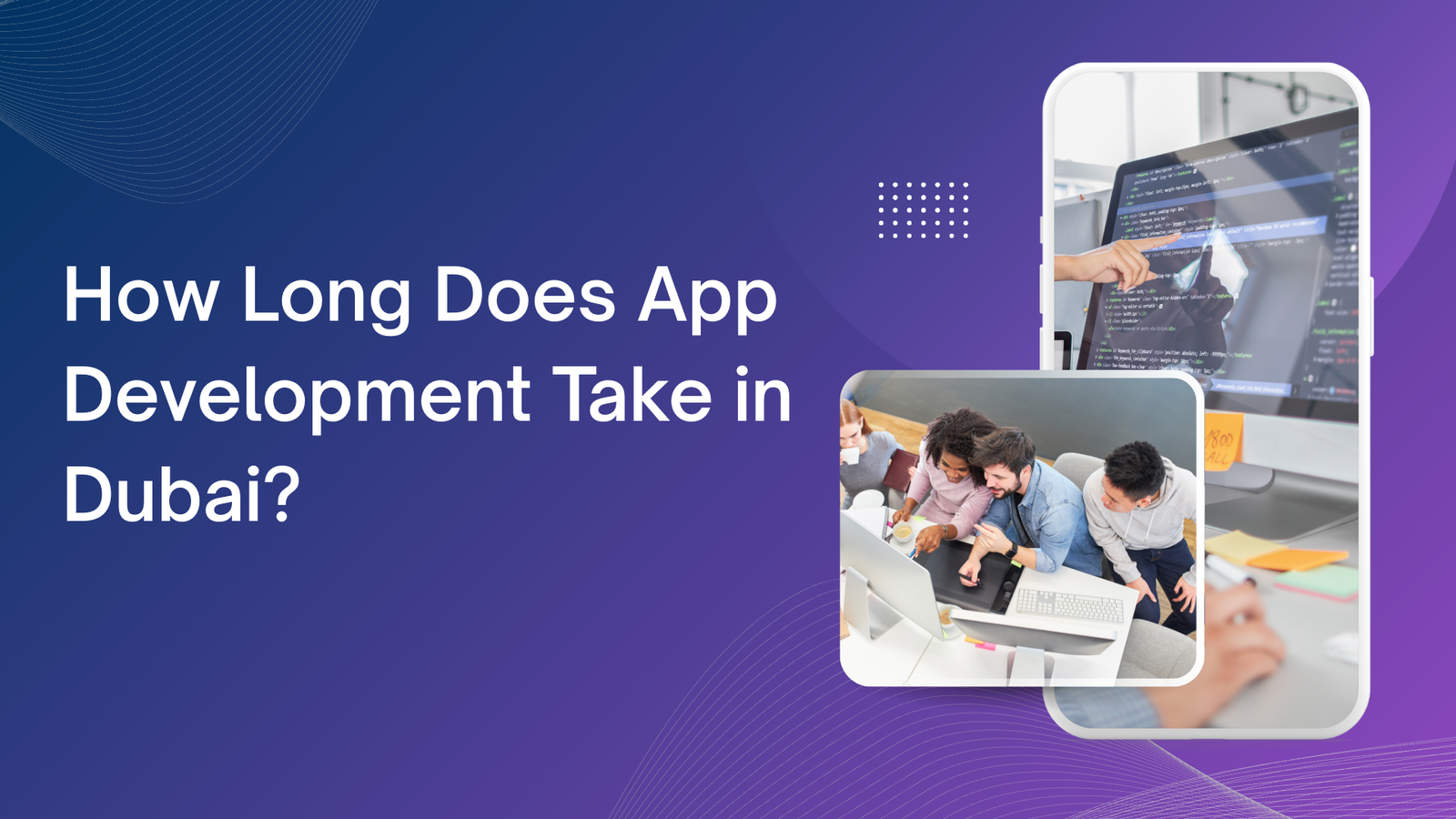In the coming generation of digital world users expect more than just functionality from mobile applications. They require experiences which are tailored to the needs and preferences of an individual. AI-powered personalization is a transformative trend that is reshaping the mobile app landscape by providing smarter, more intuitive interactions with their users. Whether it is recommending their next song suggesting what they want to buy or displaying content that they would like. Artificial intelligence is at the heart of a new wea of mobile engagement.
What is AI-Powered Personalization?
AI powered personalization is to make use of machine learning algorithms, user data and predictive analytics to deliver custom content, suggestions and features within a mobile application. Unlike previously where users would have to provide manual configurations. AI driven personalization keeps continuous track and learns from the user behavior and improves their learning with each interaction.
An example of this would be a fitness app which analyzes your entire workout history, location and performance metrics and suggests optimized and better training routines. An app made for shopping such as an ecommerce platform would suggest your items based on your likings or based on your previous purchases. This personalization attracts customers and makes them stay longer.
Why It Matters: Benefits of AI-Powered Personalization
- Enhanced User Engagement
Users have a fun time interacting with apps that understand their preferences. AI ensures that each user feels like the app was designed just for them. This results in longer session times and higher click rates which increase users’ daily activity.
- Higher Conversion Rates
For e-commerce or subscription-based apps, personalization can significantly boost conversions. By presenting relevant offers or recommending the right products at the right time, AI reduces friction in the buyer’s journey.
For E commerce or subscription-based apps personalization can significantly boost conversations.
- Improved Retention and Loyalty
Personalized experiences usually build emotional connections which users are more likely to return to an app that gets them. AI can tailor notifications, messages and offers in a way which feels timelier and more meaningful which encourages constant usage.
- Smarter Data Utilization
AI leverages data to uncover patterns that humans usually can’t detect easily. It processes large amounts of behavior and context data such as usage history, type of device, location and even the time of the day to make accurate predictions and decisions.
Key Use Cases of AI in Personalization
- Content Recommendations
Major streaming platforms like Netflix and Spotify rely on AI to suggest movies, shows and even music based on your type and taste. These systems evolve over your preference, offering a fresh experience every time.
- Dynamic User Interfaces
Apps can change layouts, buttons or even color schemes based on the user’s activity making this experience feel natural and tailored without even the user adjusting.
- Chatbots and Virtual Assistants
AI powered bots can provide personalized customer support by referencing a user’s history and preferences of the user.
- Personalized Push Notifications
AI helps with optimizing the timing, frequency and content of notifications, increasing open rates and minimizing user annoyance.
- Predictive Search and Autofill
When users begin typing in a search box, AI suggests queries based on past activity, location or general trends.
Technologies Behind the Personalization
The technologies behind this intelligent personalization are:
- Machine Learning (ML): Which enables systems to learn from the user behavior and improve the outcomes over time.
- Natural Language Processing (NLP): It is used to create chatbots for sentiment analysis and personalized content creation.
- Recommendation Engines: It helps in suggesting content or content-based filtering.
- Data Analytics: It collects, organizes and analyzes the data provided to create actionable insights.
Challenges to Consider
Even though AI powered solutions aim to provide significant value it still comes with challenges:
- Data Privacy Concerns: Personalized apps usually require access to the data of the user. Developers should be transparent with data protection regulations.
- Over-Personalization: Way too much personalization can make the user unable to discover new items striking the right balance is crucial in personalization.
- Resource Intensive: Implementing AI features requires technical expertise, robust infrastructure, and ongoing model training. Integrating AI features requires vast knowledge on model training, technical expertise and robust infrastructure.
Future Outlook
The future of mobile app personalization lies in context intelligence where apps fully understand what you want and when you want. With advancements in edge computing and real time data analytics apps will become smarter, more predictive, seamless and immersive.



